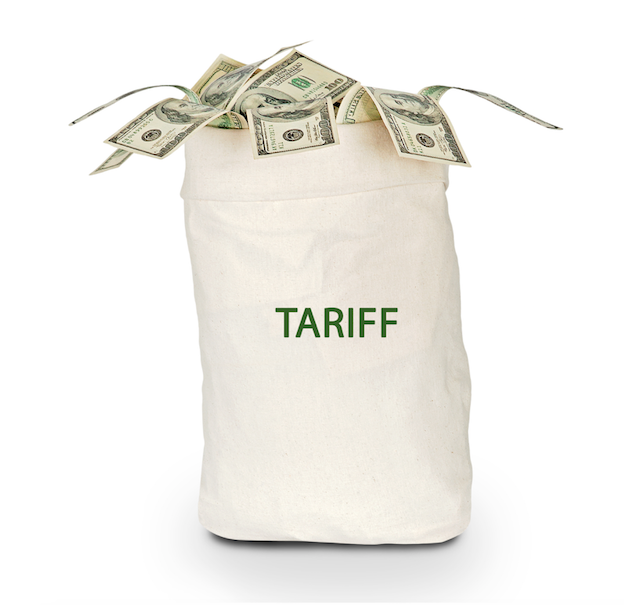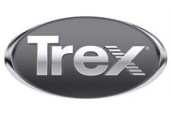Fabricators and contractors are likely to be big losers as a result of the Trump administration’s tariffs on steel and aluminum, The Freedonia Group reports. While primary metal manufacturers could benefit, the Cleveland-based research groups suggests the next stages of the supply chain in the siding, piping, roofing, and rainware sectors will face higher material costs for products.
According to Freedonia, U.S. primary metal manufacturers stand to benefit the most from metal tariffs. The expected increase in demand for American-made steel and aluminum is leading some firms, like U.S. Steel, to reopen facilities and create additional jobs. However, the high costs associated with increasing production could result in short-term supply shortages of metals in the United States.
Whether supply is short or in abundance, though, the next link in the supply chains for siding, piping, roofing, and rainware will face much steeper costs. Many companies that rely on the metals for their products, including car manufacturers and oil-pipeline builders, have complained about the unreasonable cost burden from the tariffs. The steel and aluminum tariffs have already caused ripple effects for many metal-based product sectors in the residential construction industry, including metal hurricane shutters.
However, increased costs could also be passed only directly to builders and consumers. As a result, according to Freedonia, builders may be discouraged from using metal-based siding, piping, roofing, and rainware in their projects.
The metal siding and roofing sectors are likely to be the most adversely affected by the metal tariffs, because homeowners can choose competitive substitute products at lower price points. Freedonia has previously predicted that laminated asphalt shingles, plastic roofing, and rubber membranes are likely to emerge as substitute products for metal roofing. Freedonia anticipates that the rainware industry, whose products include gutters and downspouts, could be least affected by the tariffs because of a lack of comparable substitute nonmetal products.
The metal siding and roofing sectors are likely to be the most adversely affected by the metal tariffs, because homeowners can choose competitive substitute products at lower price points. Freedonia has previously predicted that laminated asphalt shingles, plastic roofing, and rubber membranes are likely to emerge as substitute products for metal roofing. Freedonia anticipates that the rainware industry, whose products include gutters and downspouts, could be least affected by the tariffs because of a lack of comparable substitute nonmetal products.



